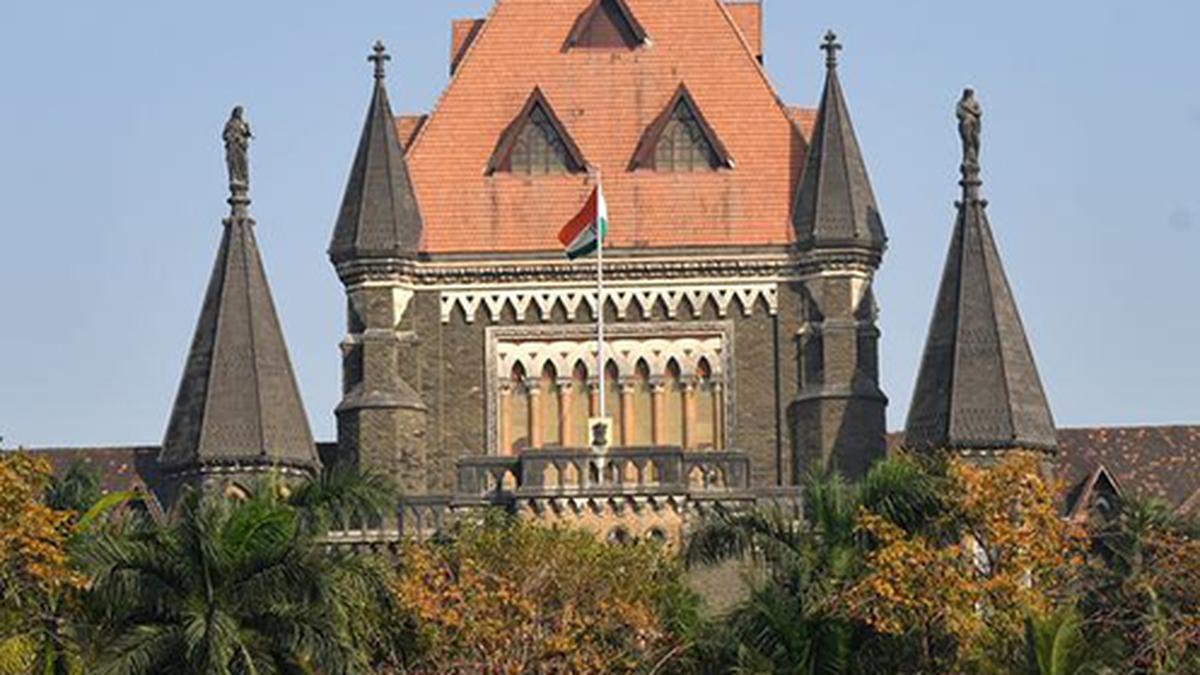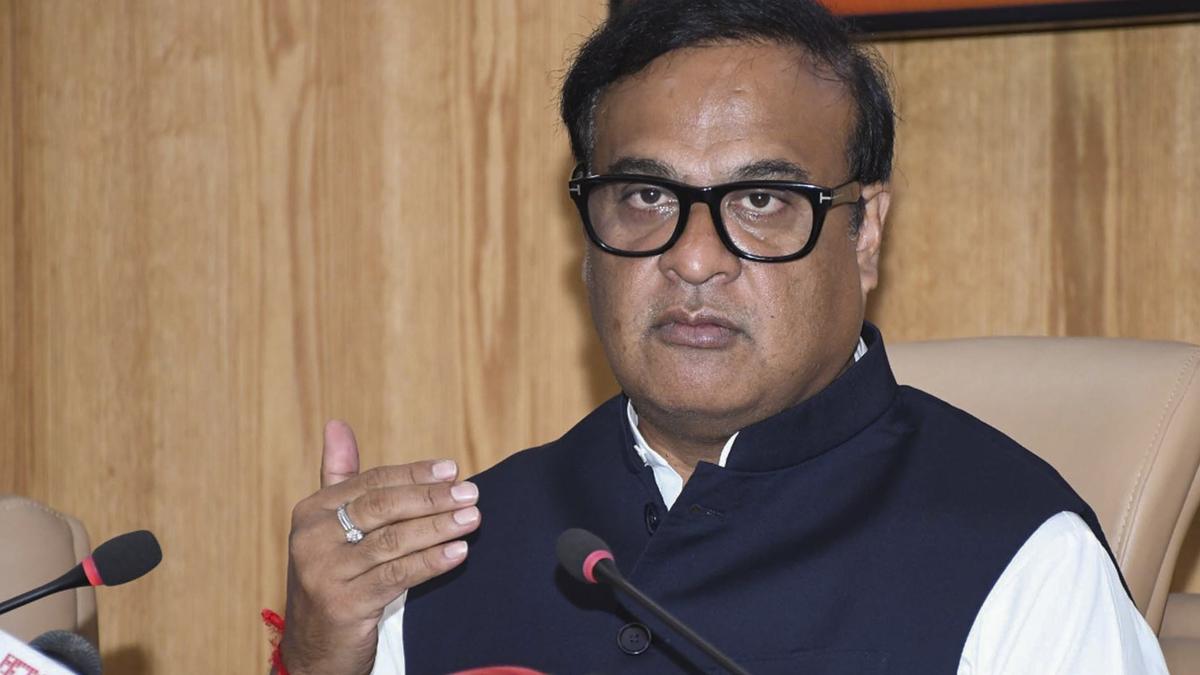Now Reading: Bombay HC Dismisses Rajan Vichare’s Plea Challenging Naresh Mhaske’s Lok Sabha Win
-
01
Bombay HC Dismisses Rajan Vichare’s Plea Challenging Naresh Mhaske’s Lok Sabha Win
Bombay HC Dismisses Rajan Vichare’s Plea Challenging Naresh Mhaske’s Lok Sabha Win

quick Summary
- The bombay High Court dismissed Shiv Sena (UBT) leader Rajan Vichare’s petition challenging the 2024 Lok Sabha victory of Naresh ganpat Mhaske, Thane MP from the Eknath Shinde-led faction.
- Justice R.I. Chagla ruled that the plea “fails to disclose a cause of action” and contains an “incurable defect.”
- Rajan Vichare claimed Naresh Mhaske suppressed information about his 2016 criminal conviction in his election affidavit, allegedly violating mandatory disclosure norms under the Portrayal of People Act, 1951.
- Mr.Mhaske argued that disclosure was only required for convictions involving imprisonment of one year or more; he had been released on probation without serving any sentence in connection with the case.
- The court upheld Mr. mhaske’s defense and clarified that Form 26 must be read harmoniously with Section 33A(1)(ii) of the Representation of People Act,which excludes convictions without imprisonment beyond a year from mandatory disclosures.
- Allegations of “corrupt practice” were dismissed as “unsubstantiated,” citing lack of material facts necessary for trial.
Indian Opinion Analysis
The Bombay high Court’s decision reaffirms adherence to statutory interpretations over broader affidavit formats in electoral matters under Indian law. By prioritizing the explicit requirements outlined in Section 33A(1)(ii) of the Representation of People Act above perceived omissions in Form 26 disclosures, this judgment underscores legal precision over litigative claims grounded in subjective interpretations.
For India’s democratic framework, this ruling strikes a balance between openness expectations and candidates’ rights against excessive disqualifications based on technicalities not supported by law-a principle critical for maintaining fair electoral processes amid increasingly complex political disputes.
The clarity provided on mandatory disclosure norms could serve as precedent for future election cases while emphasizing voters’ reliance on legislative provisions rather than assumptions regarding broader accountability mandates.Read more: The Hindu























